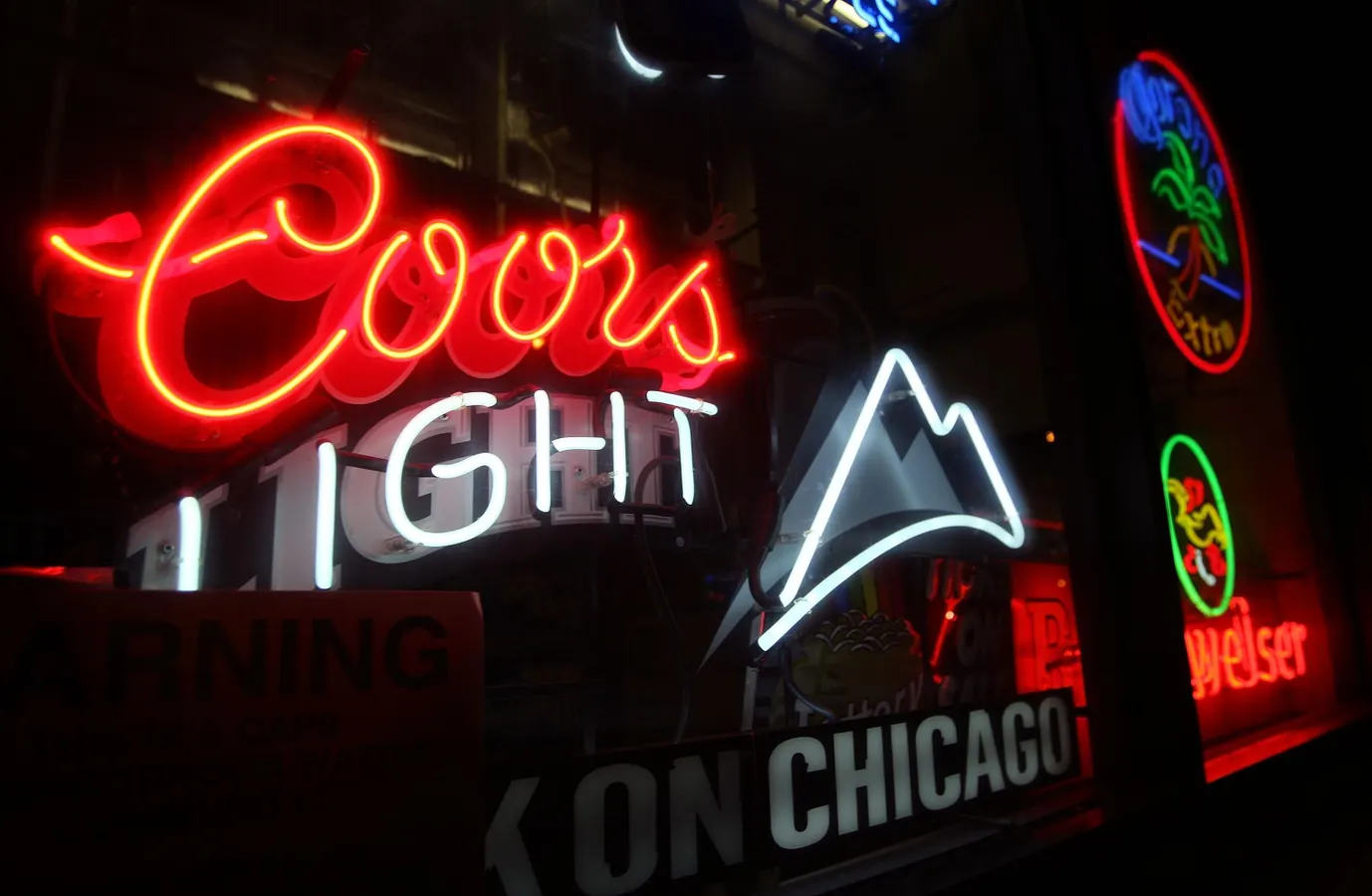Copyright forbes

A Coors beer sign in a Chicago bar. Molson Coors is one of four stocks singled out here as looking good on an indicator devised by the late market analyst Geraldine Weiss. (Photo by Scott Olson/Getty Images) Getty Images When a stock sports a dividend yield above its own historical average, one of two things has happened. The company may have raised its dividend – usually a good sign. Or, the dividend yield may have gone up because the stock’s price went down. That suggests there’s been bad news, but it hints at a possible bargain. Some investment professionals seek out stocks whose dividend yield is above their own normal level. Probably the best-known practitioner of this approach was the late Geraldine Weiss, who wrote a book called Dividends Don’t Lie. I wrote a column about the Geraldine Weiss approach in September 2024. The five stocks I selected returned 23.4% in the ensuing year, beating the Standard & Poor’s 500 at 17.6%. Those figures are total returns, both price gain (or loss) and dividends. Bear in mind that my column results are hypothetical and shouldn’t be confused with results I obtain for clients. Also, past performance doesn’t predict the future. I’d like to give Weiss’s approach another try. Here are four stocks that look good to me now, based on her method. EOG Resources The infamous Enron Corp., which went down in the flames of accounting fraud in 2001, has several surviving children. One is EOG Resources Inc. (EOG); the initials once stood for Enron Oil & Gas. MORE FOR YOU Based in Houston, EOG produces the equivalent of more than one million barrels of oil a year. Its mix is about 31% natural gas and 69% oil and natural-gas liquids. Over the past ten years, EOG’s typical dividend yield has been about 1.8%. Today the yield is 3.7%. Geraldine Weiss fans, take note. EOG has been increasing its dividend rapidly in recent years. In 2019 the dividend was $1.01 a share. In the past four quarters the payout has been $3.77. Molson Coors Molson Coors Beverage Co., a brewer based in Golden, Colorado, has averaged a 2.5% dividend yield over the past decade. Today the stock yields 4%. The shares have done miserably over the past ten years, losing close to half of their value. Many investors think that beer is a buggy-whip industry. U.S. beer sales have been declining, and imports are grabbing an increasing share of a shrinking pie. Sensibly, Molson is trying to diversify away from beer, offering hard cider, hard seltzer, canned cocktails and energy drinks. Novo Nordisk These days, many investors think of Novo Nordisk AS (NVO), which is based in Denmark, primarily as a weight-loss drug maker. I, however, think of it primarily as a leader in diabetes medications. The stock peaked at about $147 last year, and has descended all the way to $53 as Eli Lilly & Co. (LLY) has moved to the front in weight-loss drugs. After its fall, Novo Nordisk shares yield 3.3%, well above the ten-year median of 1.9%. The company’s net profit margin is above 35% and its return on stockholders’ equity is about 81%. Even if those figures decline some, I think the stock is a bargain, selling for about 14 times earnings. Interparfums Based in New York City, Interparfums Inc. makes and sells perfume and cologne under a wide variety of licensed brands, such as Coach, Karl Lagerfeld, Montblanc and Van Cleef & Arpels. Its dividend yield has normally been about 1.7%. Now it’s 3.2%. The stock has declined, partly because sales and earnings growth have slowed, and perhaps partly because investors fear a recession. It peaked at about $158 five years ago, and now sells for around $96. I think the decline is overdone. Growth was still pretty good in the past year, with sales up 7% and earnings up 17%. Performance My maiden column discussing Geraldine Weiss’s approach was encouraging, as three of my five picks beat the S&P 500’s return, and all five were profitable. The best performer was UGI Corp. (UGI), which distributes natural gas, propane and electricity, mostly in Pennsylvania and West Virginia. It returned 43% (including dividends). Walgreens Boots Alliance Inc. (WBA) attracted a takeover offer from a private equity firm, Sycamore Partners. It returned more than 37%. Also beating the index, but by a narrower margin, was Magna International Inc. (MGA), a Canadian auto parts maker. Considering the trade frictions (and other frictions) between the U.S. and Canada, I’m pleasantly surprised. US Bancorp. (USB) and Greif Inc. (GEF.B) returns 10% and 4% respectively, trailing the index. Disclosure: I own Novo Nordisk personally and for most of my clients. Katharine Davidge, my wife and a portfolio manager, owns EOG personally and for clients. Editorial StandardsReprints & Permissions



